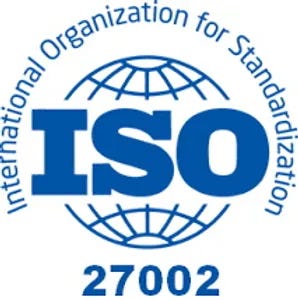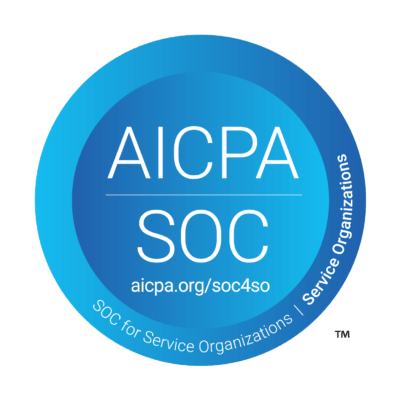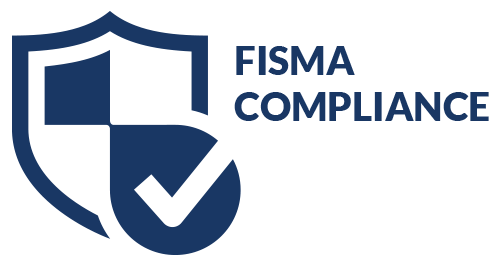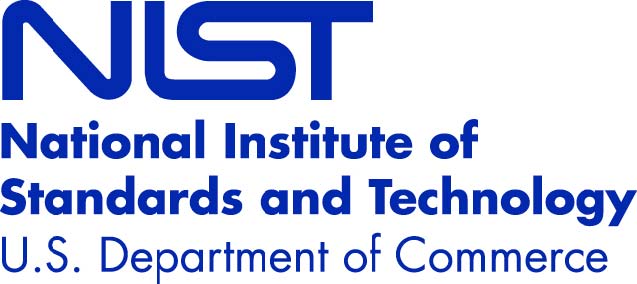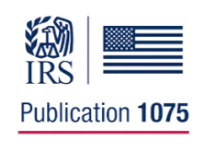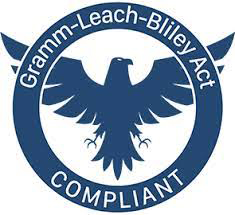collection agency is properly licensed, bonded and compliant? That’s their concern, right? In short, yes, it is something the agency should have at the top of their mind. They should be able to tell you what safeguards have been put into place to remain compliant, as well as provide you with licenses for any state in which they collect and their bonding information. So is your collection agency licensed, bonded and compliant?
Licensing
Let’s start with licensing, because if your agency is not licensed they are probably not bonded or compliant, either. There are basically two types of licenses: one required for agencies to solicit clients in their state and the other to collect from the citizens in their state. Most states require collection agencies to have one or both licenses in order to operate. You can verify licensing through the states themselves and typically through the department that oversees banking and finance. You can also simply ask your agency to provide you with a copy of their license. It is important they are licensed in all 50 states, because even if you only sell to a specific region, people move to other areas and the agency would need to be able to collect there, as well.
Bonding
Typically with licenses, there are also requirements for bonding (just think about the relationship between your driver’s license and car insurance). Because agencies have a fiduciary responsibility, states need to ensure there is a bond in place to protect their citizens should the agency fail to remit collected funds. It’s not enough that you are provided with a copy of the bond; you should also contact the bonding company to make sure it is in effect. If you are ever in a situation where a collection agency fails to remit monies collected, you can make a claim against their bond.
Compliance
If your agency is licensed and bonded, that’s a good start. The final piece to be concerned with is compliance. What steps have they taken to ensure their collectors are upholding the requirements set forth by state and federal laws? Some minimal requirements that should be in place are:
- Training – This is specific to laws for both new hires and continued training for veterans.
- Recording and Monitoring – All calls should be recorded and the agency should regularly monitor their collectors.
- Testing – Collectors should be tested to demonstrate their knowledge of compliance before they ever get on the phone. They should be retested a minimum of once per year to ensure compliance.
- Compliance Department – Every agency should have an independent third-party that monitors for compliance. A third-party could be someone within the company whose job does not depend upon collections, but upon compliance. Better still, an outside company – preferably a law firm – that can keep watch on compliance and provide up-to-date direction is recommended.
At the end of the day…
A non-compliant agency or rogue collector can possibly open the door for litigation against your company. Costs associated with litigation can add up quickly – ranging from a few thousand dollars to hundreds of thousands of dollars – in addition to potentially tarnishing your reputation. A licensed, bonded and compliant agency not only represents your company in the highest light; it also provides you with piece-of-mind that you and your assets are protected.
Questions or concerns about licensing, bonding or compliance? Share them with us here!

